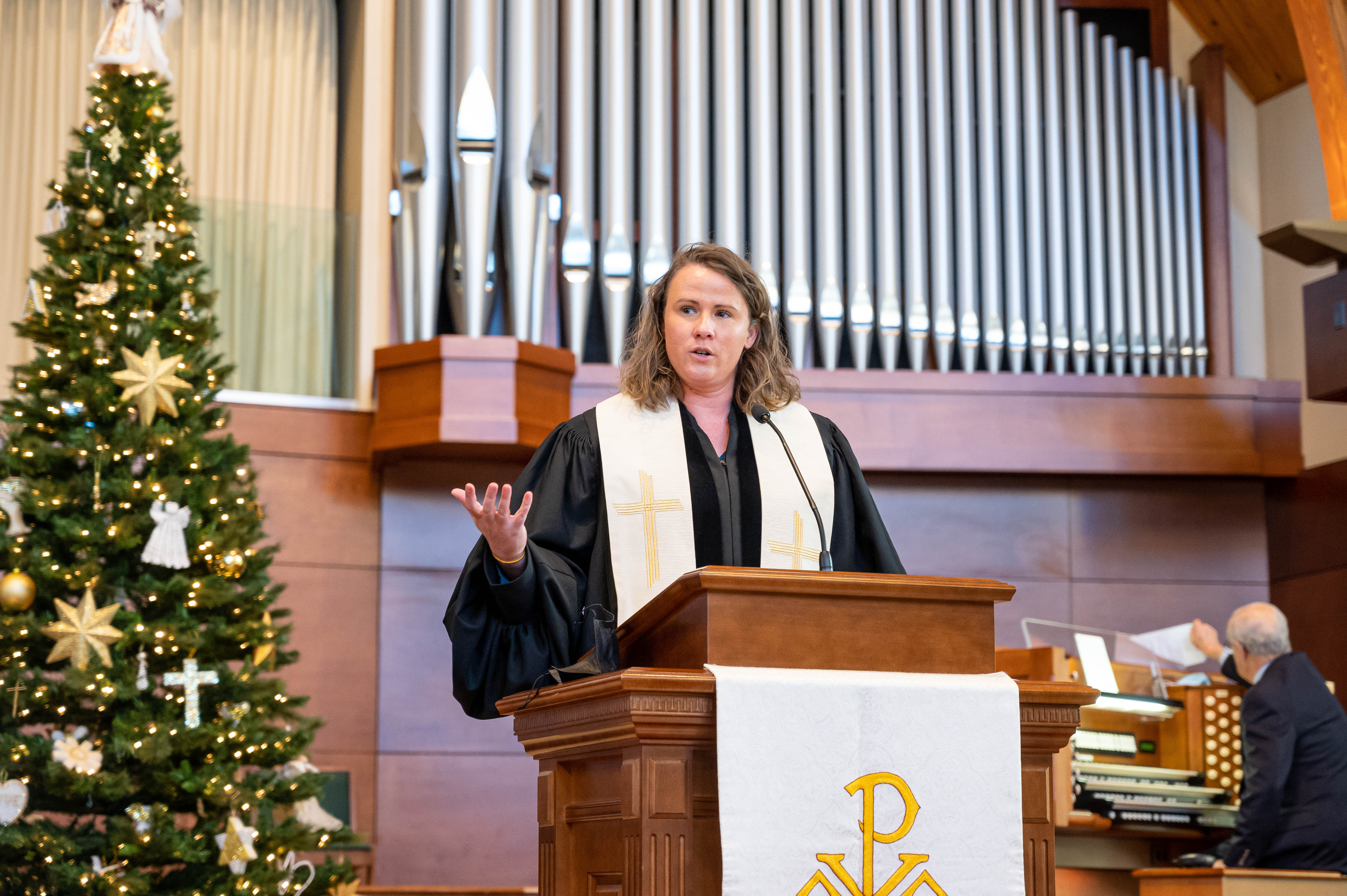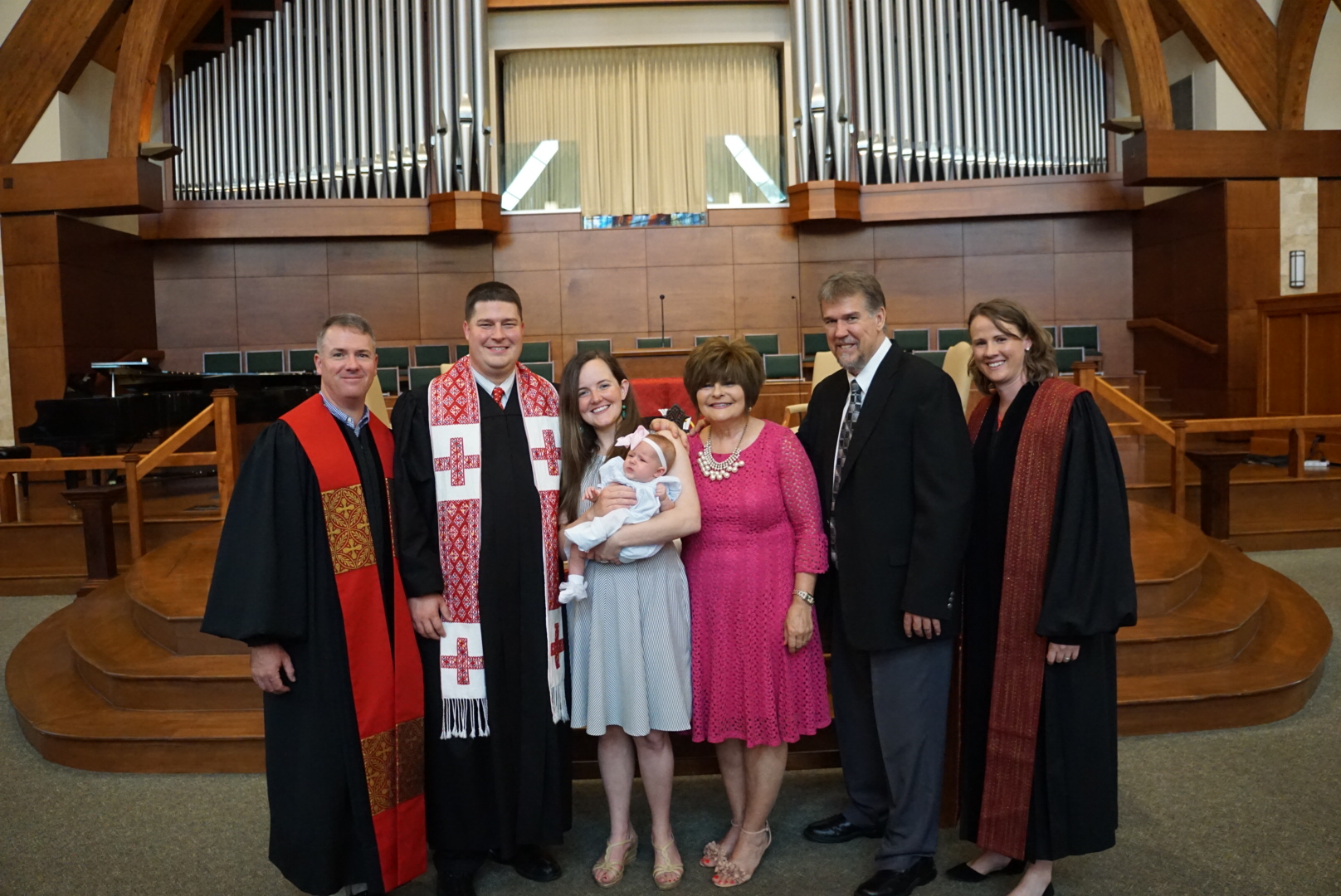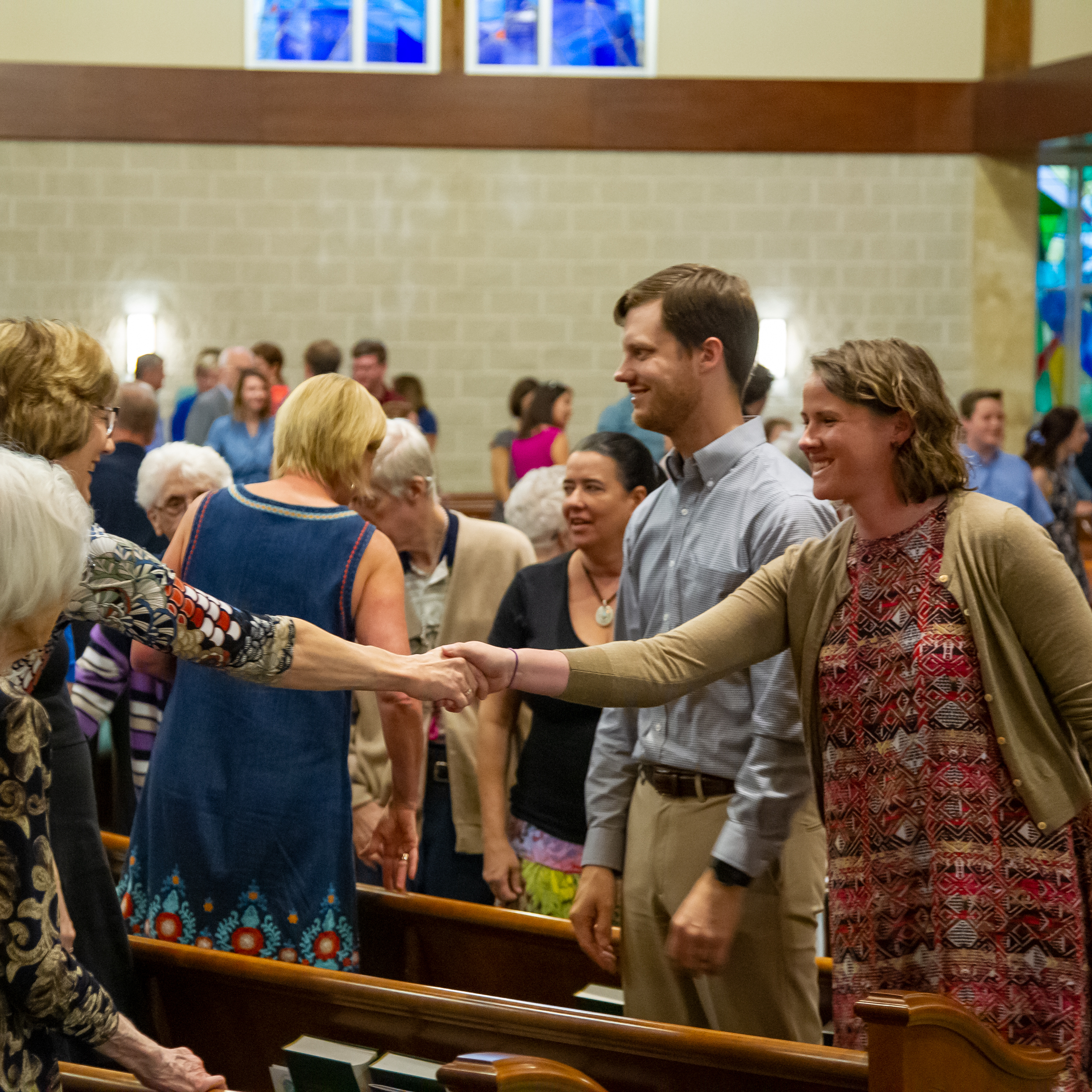
By Britt Hester, Minister of Youth & Christian Education
As we all know the New Year is typically when people focus on self-improvement. Whether it is a weight-loss goal, attempting to read a certain number of books in a year, or trying a new hobby, January seems to be the time when most people set lofty goals for the upcoming year. It makes sense when you think about it. January naturally provides a new beginning, and with a new beginning comes fresh possibilities. Many say to themselves, “This will finally be the year when I accomplish my goal of…” But, as most of us know, rarely do we see these lofty goals realized.
Why is that? Why do we struggle following through on our goals? Perhaps the answer lies in the difference between education and formation. In his book The Common Rule: Habits on Purpose for an Age of Distraction, Justin Earley writes, “Because our unconscious choices form us just as much, if not more than, our conscious ones, we can become formed in patterns we would never consciously choose if we were aware of them. That is the difference between what we call education and formation. Education is what you learn and know – things you are taught. Formation is what you practice and do – things that are caught.”
In other words, we can know there is something we would like to change, but if our ingrained habits cause us to do something else, we are unlikely to witness transformation. Real change occurs when we become our habits. In the film Finding Forrester, William Forrester, played by Sean Connery, is a Pulitzer Prize winning novelist who befriends a talented, yet troubled teenager, Jamal Wallace, who has a gift for writing. During one of their sessions together, Jamal, played by Rob Brown, has trouble thinking about what he will write for an upcoming paper at school. While Jamal sits at his typewriter, Forrester begins typing at fast pace. Realizing Jamal’s trouble, he asks him if there is a problem. Jamal replies he is thinking about what he will write to which Forrester replies, “Oh no! That comes later. You write your first draft with your heart. You rewrite with your head. The first key to writing is… to write, not to think.”
So, it is with us. The first key to whatever it is we are trying to accomplish is to do whatever it is we are trying to accomplish. Want to grow in your prayer life? Pray. Want to finish The Gate River Run this year? Walk, jog, or run. Want to read 50 books in 2020? Read. Don’t think too much. Just do it. In his comments on prayer, Thomas Merton once said, “We do not want to be beginners, but let us be convinced of the fact that we will never be anything but beginners, all our life!” So, even if you’ve tried repeatedly and failed to reach your goals, know you’re not alone. You’re a beginner like the rest of us. Don’t let it scare you. Give it a shot and know that the God who created you goes with you always.





